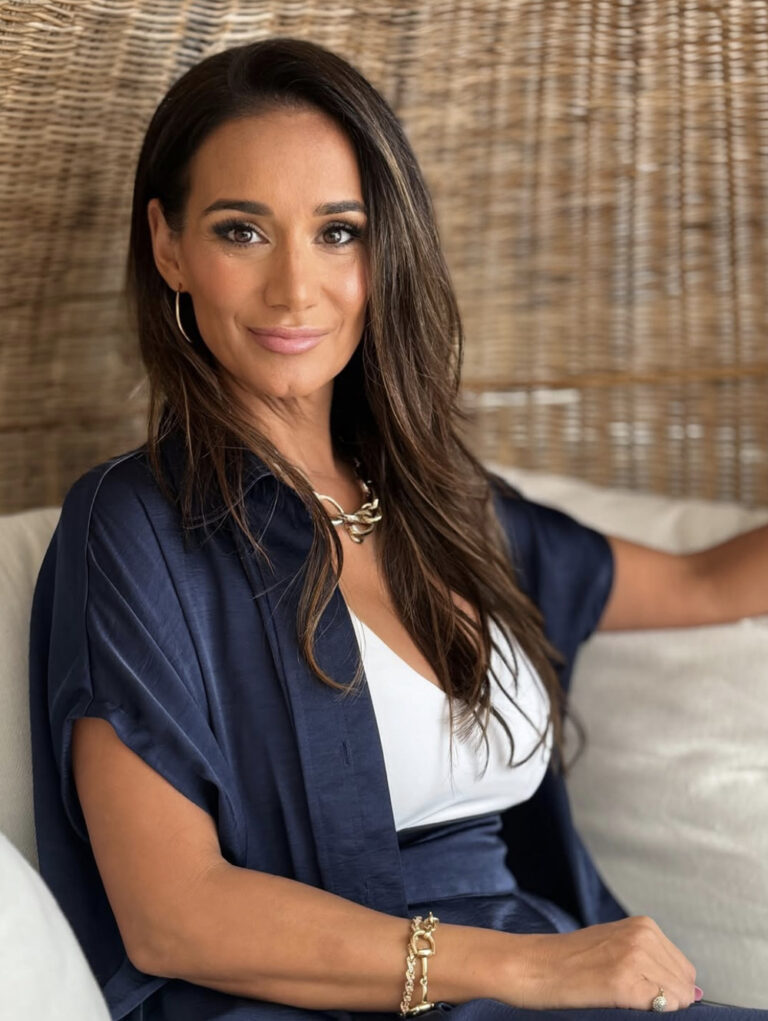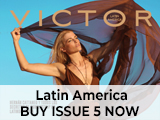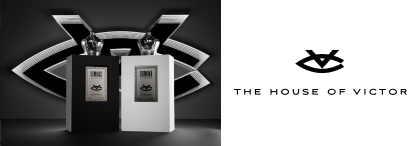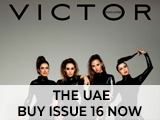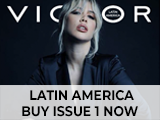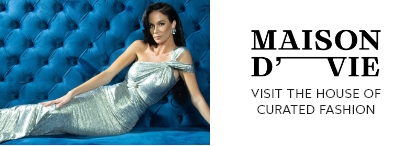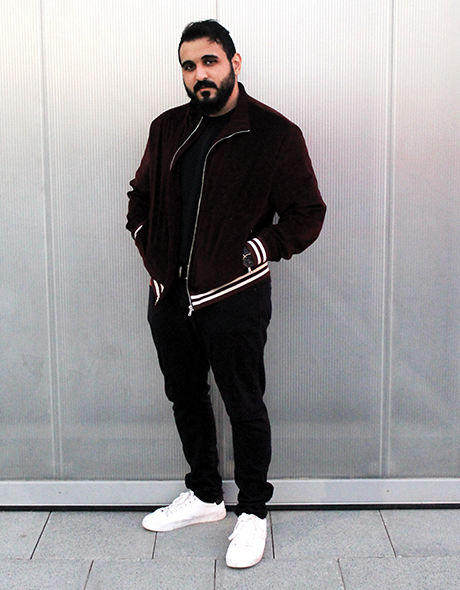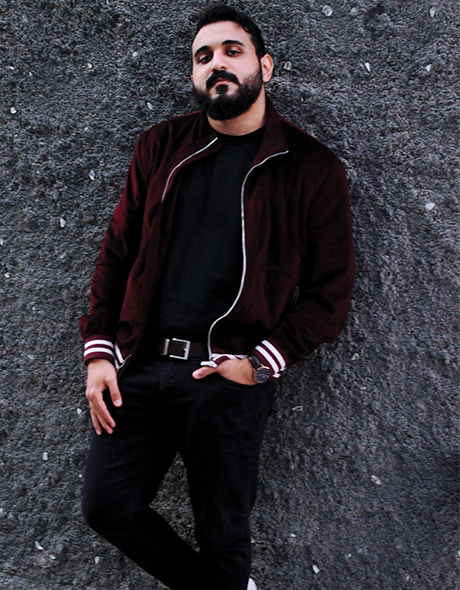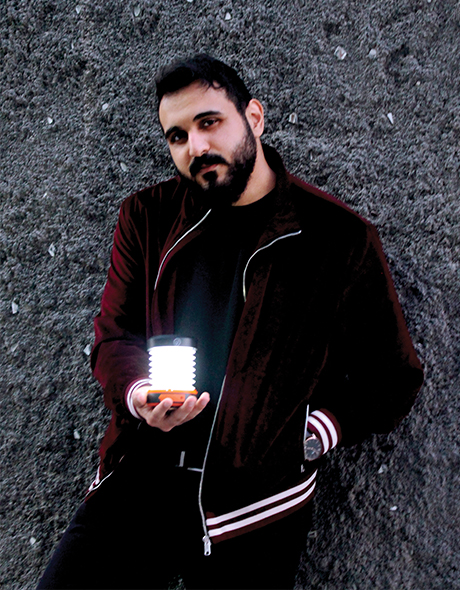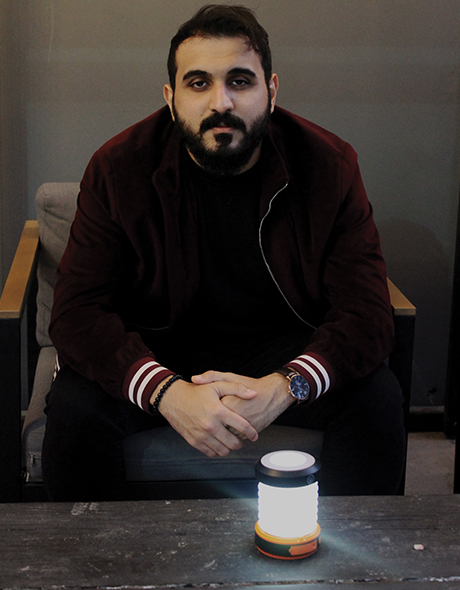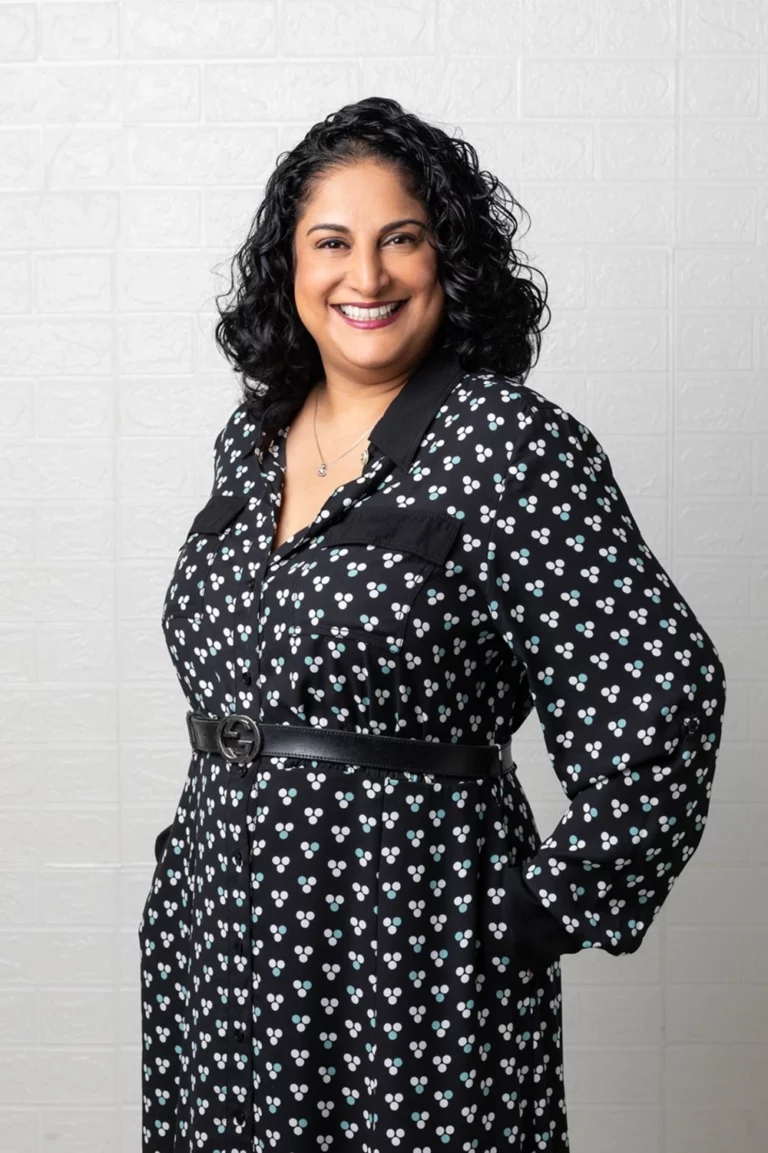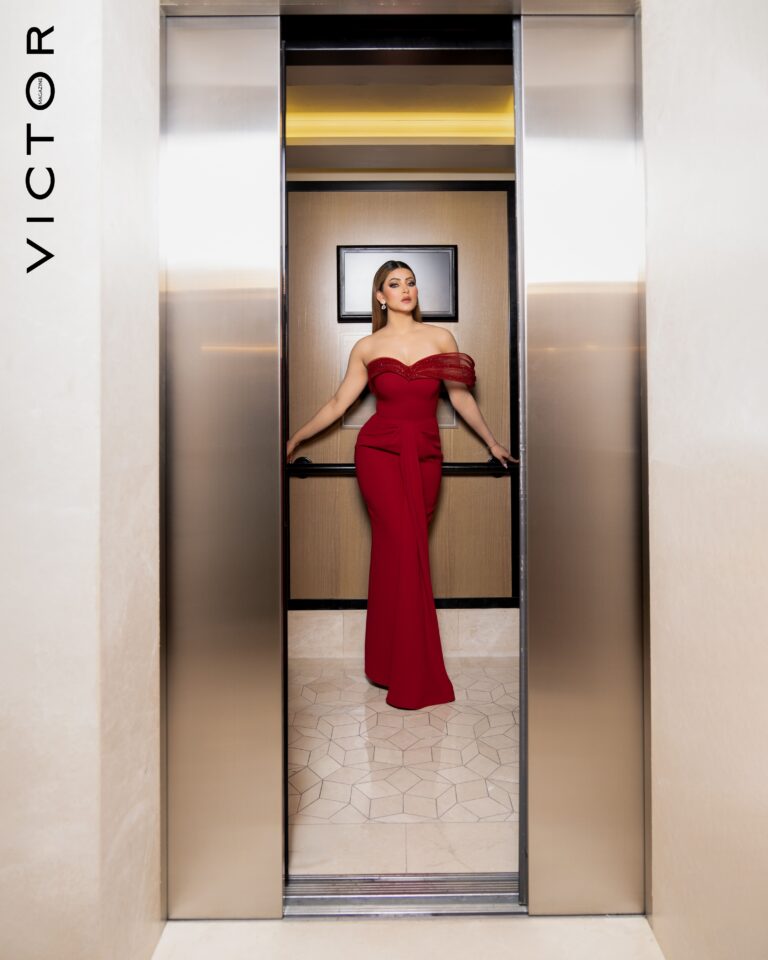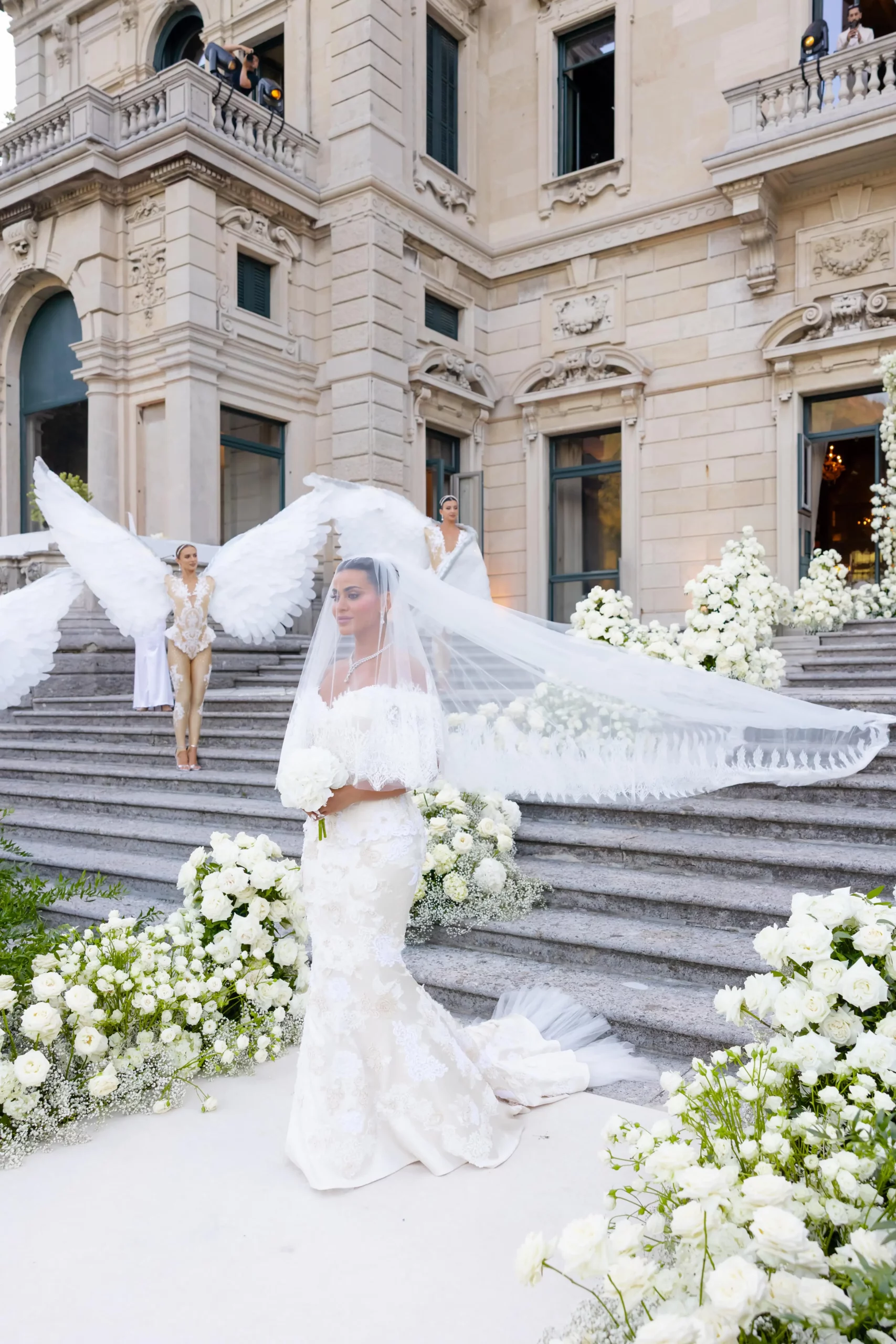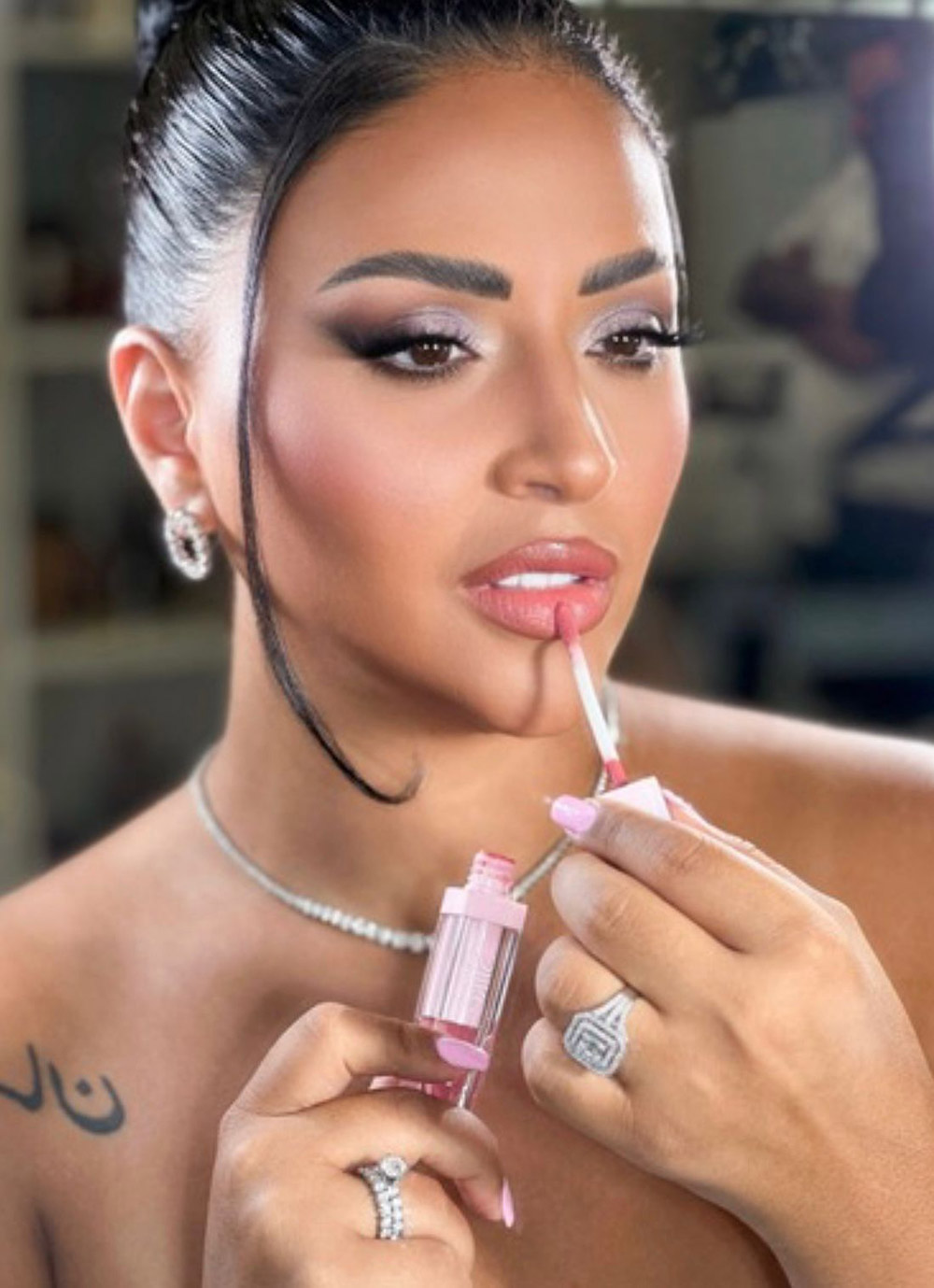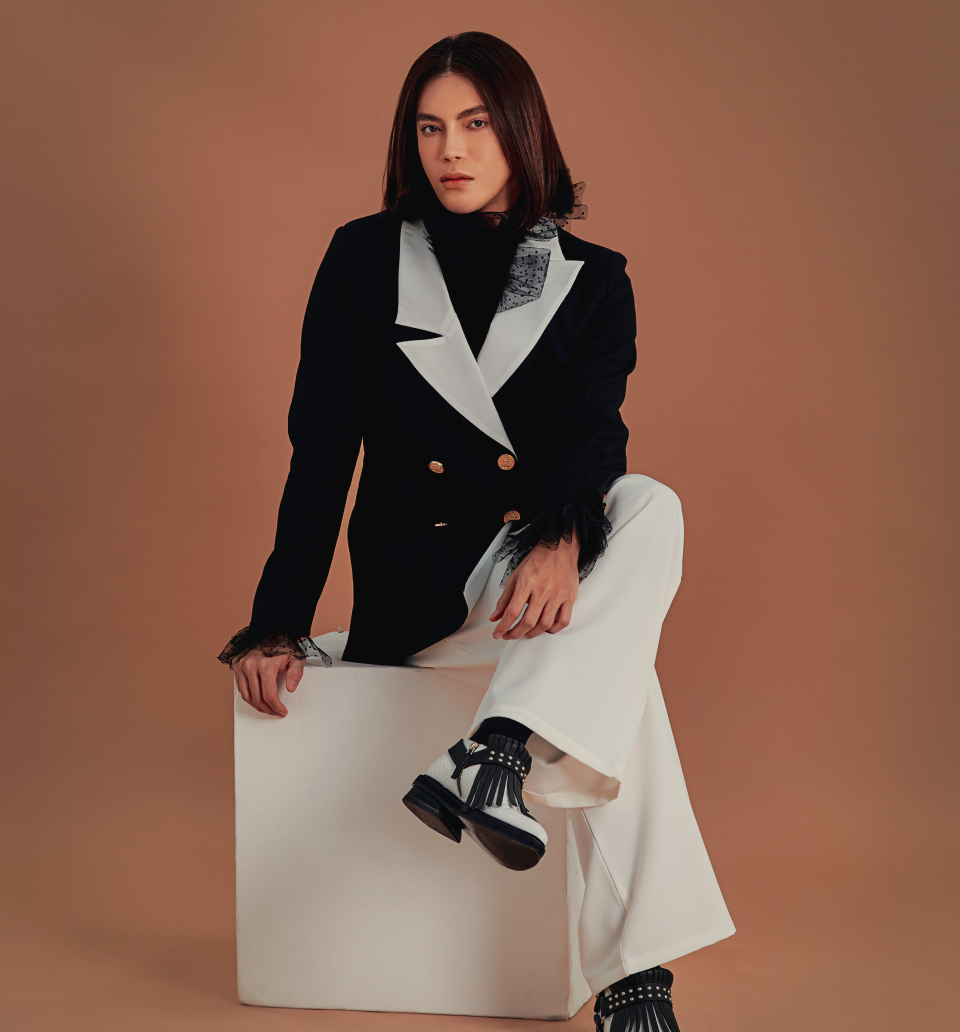
The Elocutionist Omar Ghanem – Founder of U-Light
Syeda Erum Sherieff
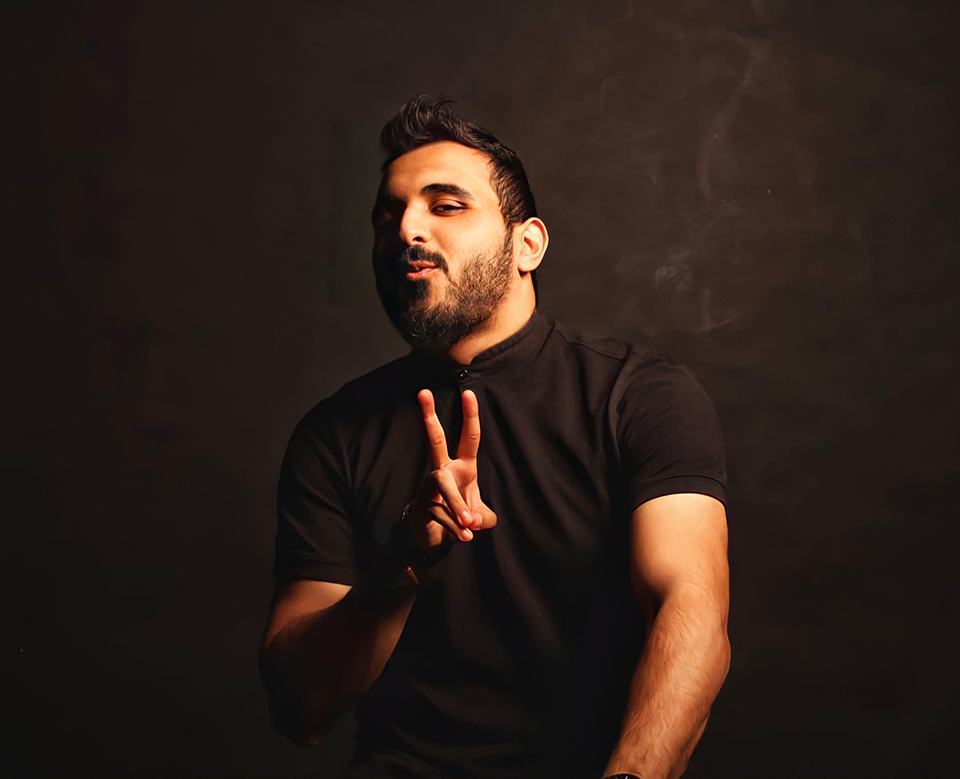
The elocutionist, the inspirational, the distinguished Omar Ghanem, is a great mentor for all of us to look up to. In his words, he holds power and something that is so awakening for us all that it drives our minds to think, are we actually doing life right? At such a young age, he has managed to voice himself to thousands of people and even become a successful entrepreneur already making six figures since 22. How did he do it? How can we potentially become him?
He started up a social enterprise called U-light, which provides a human-powered energy solution to energy-deprived communities in Nigeria. It was started by him together with a bunch of 20-year olds who came up with an idea during their senior university year that was pitched in front of the UN general assembly and nearly won them a million dollars while competing in the final stages of the Hult Prize. This electrifying idea has now become a viable product that is changing the lives of many in Nigeria and alot of African communities.
With over 48K followers on TikTok, 7K on LinkedIn and a 2K following on Instagram, he has managed to build an audience base and become a role model for so many. Already getting inspired and waiting to hear his success story? We got you!
- Being such a prominent figure for the public, in your own words what do you think the term ‘influence’ means to you?
Okay, so I think to influence is to inspire, and when I say inspire I think it technically also means to inspire some action in the sense that you influence someone to take action, you influence someone to change something about their lifestyle, you influence someone to change their perception for example but there has to be some sort of action and there has to be some level of inspiration. That’s why, I kind of feel like the word influencer is used very honestly freely, in the sense that everyone is an influencer now if you have a following on social media you are an influencer but the real question to me is always that is this person influencing, as in actually inspiring action, actually inspiring people to do something? Or is this person, you know, creating content and getting engagement, there’s no actual called action. Typically I mean tho there always is you think of influencers that get you to buy certain things or live certain lifestyles but I think there is a deeper meaning to the term of influencer, if that makes sense.
- At such a young age, you have managed to accomplish considerably & become a mentor for a plethora of people. You’re the CEO and co-founder of U-light as well as a renowned TedX public speaker, not only that but you’re also a social media whizz. Tell me, what made you want to get on this road?
- To be honest, I think it was self-exploration. I never intended to be any of those things, it’s not like I always wanted to co-found a startup straight out of university, it’s not like I always wanted to work in social media, like these things happened because I kept exploring myself throughout high school throughout university, you know being able to kind of understand what excited me, what didn’t, what I wanted to do, what I didn’t want to do, how I felt about certain subjects or certain topics. I think that all kind of led to me, looking to explore just a field of business in general starting with marketing obviously, cause that’s what fascinated me the most. The idea that you know you could with design, music, with whatever it is you were using that you could basically change people’s perception, you could influence people to you know think in a certain way or to buy a certain product, so I think that’s what really fascinates me the most. When it comes to the start-up journey, it just happened because through a sense of competitiveness as well, so it was obviously a competition called the Hult prize and I kind of wanted to take part with the team and then that kind of got us very far up to the point where it was path two developed and you could not ignore it anymore. You go from competing at university level at the American University of Sharjah, to competing in Dubai regionals with the rest of the regions who competed in the accelerated program, which is basically the top 42 teams out of what 20,000 and then you end up competing at the United Nations as the final 6, before you know it you are pitching at the United Nations which is something you really wouldn’t think would happen at least not as quickly as it did. In our case, with the public speaking stuff I think it was just my passion for storytelling, me always wanting to kind of get better at telling stories and attracting people’s attention and you know grabbing it and holding on to it, and me trying to evoke emotions with my words, so I think doing that over and over again started from a very young age at high school which is obviously cause of the teachers and them kind of pushing me to speak on stage and take leadership roles and things like that, I think that’s what inspired me to get to a place where I could stand on stage and do a TedX talk and then last but not least obviously the social media stuff I think I have always been kind of intrigued by social media because of how it’s literally just people creating content online that can be viral or cannot go viral, that could change people’s opinion or cannot change people’s opinion there’s just so much potential on social media to kind of really spark change and movements, you know you have seen it around the world, i’m not really going to get into politics but you have seen it around the world it sparks change, it opens conversations, I have seen it myself actually with my school The Westminster the whole thing that happened of the school shutting down but it didn’t, part of the reason why we started this whole movement on social media, on twitter with the hashtag so social media for me was always a powerful tool, that I always wanted to explore further which is what really got me into it, like that idea of me wanting to be a voice of a brand or being the kind of the person that decides how to represent a brand and things like that. So, yeah that summarizes everything, sorry this answer was too long.
- I’m curious, what created U-light? and why light?
- The U-light stuff, basically as I mentioned in the previous question, so it started as part of the competition called the Hult prize and in 2018 the challenge was to use energy to empower 10 million people by the year 2030. I think that was the original goal and what we wanted to do was basically try to understand why certain technologies weren’t working meaning solar and hydro-electric and things like that and why the implementations have failed and why 1.2 billion people continue to struggle to have access to reliable electricity, so we kind of tick that as our main focus and what we realized was there were easier simpler ways to kind of get that access to power at U-light and we realized that access to light changes everything in terms of you know allowing their children to continue their education, to do their homework and to you know get better job opportunities in the future since they have a degree and they are graduates, it allows their parents to double their income cause they could work for extra hours at night after sunset if they have access to light you could work at home if you know it’s knitting or cooking or whatever. Obviously, you basically kind of improve the quality of life for the entire family by removing the need to use kerosin. So, we wanted to kind of focus on that and basically got into the competition, advanced through the early stages, basically what I mentioned in the previous question, we went from the on campus program at American University of Sharjah and we qualified to the Dubai regionals where we competed with all the best teams in the region and then we qualified to the accelerated program in London which was a 6 week program where we basically got more exposure to the essentials and basically what you need to actually build a business and that’s when we kicked off our actual pilot program and before you knew it we had 20K pre-orders which is at that time was valued at that time a million dirhams, we had a lot of contacts, we had government support, on the ground in Nigeria where we first started and then all of a sudden it became kind of a reality more than anything even though we qualified to the final 6 out of the 20K teams that went through the competition from the beginning, we didn’t win the Hult prize which was basically a million dollars prize for the winning team but what we did win is a lot of exposure, a lot of experience and when we came back to Dubai, we kind of went back to the chopping board and we started on focusing what could we improve, what could we change, how can we actually start making this happen. So , we kind of got into the Shera accelerated program here in Sharjah, and then we looked into the Expo particularly their expo life program and basically they had a grant for young elevators and we then kind of took that as an opportunity to raise the funds that we needed and which we then luckily got the chance to so basically expo was the turning point for us because once we started working with them we got the funds and then everything started to become clear, we actually started to make the impact we wanted to make, it started with a couple of people, it started with a buy one gift one campaign between Dubai and Nigeria, but we now have reached over 12K people over 3 different countries Nigeria, Kenya and Lebanon and we are just getting started we are looking to expand beyond, we have worked with a lot of big names whether you know businesses that want to basically do CSR initiatives that basically want to work with us, contribute or to make a change or even its just individuals that are willing to buy for people on their behalf and obviously just the customers are willing to buy the product just as a solution.
- What is the U-light business model? How do you generate new ideas that serve as a success in influencing potential consumers?
- Basically, we are a wholesale company, we design and develop products with a supplier and then we provide them to distributors or retailers in the markets that we are serving so that is technically B2B2C, but we also directly sell to consumers like a shop like an electronic store and then they kind of sell to the end user. But we also sell to businesses as gifting opportunities, meaning a company can come to us and say we want to buy a 100 units, 500 units, or a 1000 units and gift them to people that need them and we would basically gift these units to them on their behalf and provide them with an impact report to basically let them know how many lives they have impacted or influenced, what the changes are and it kind of just goes back full circle so it’s just not you know just a charity cause where you don’t really know what happens with the money after, its like real names, faces, pictures, data which you can look at and identify and track the impact. So, yeah that’s the current business model you can say, we also did online kind of e-commerce for a while which is still an option we do which is basically you can buy in behalf of someone else directly as well on our website, so you could go to u-light.co and basically purchase a unit for someone and we can gift it on your behalf and that’s the same logic that works for B2B2C.
- Without integrity or passion, you don’t have energy. Without energy, you have nothing. How does this quote resonate with you both ; personally and professionally?
- I am a strong believer in the importance of passion, in doing everything that you do, I think passion is something that doesn’t come to you it’s something that you need to find or go searching for. Then in the case of integrity I think it’s just an important factor into the person that you are, it’s almost part of your values and I think that without values we are someone rogue, but like without these values you kind of not have a sense of direction not in the sense, I mean you could obviously have goals and things like that, but if there’s no sense of integrity, if there is no sense of knowing what’s right and what’s wrong and you know kind of having this you know almost a desire to work towards a goal that helps people, I think that your passion is kind of skewed towards a bad direction and then I mean when it comes to energy obviously I think a lot of people what tends to fuel them is their passion behind everything that they do, more than you know the actual operational tasks, the actual literal technicalities that they go through I think passion is what drives them and that’s what passion drives energy.
- Social Media has been a massive game changer. Having cultivated a remarkable audience base in the media, how have you managed this aspect?
- As for social media, honestly, I think more than anything social media is purely community based. I think sometimes we get so obsessed with vanity metrics, like followers and likes that we kind of maybe tend to forget the main purpose of social media, which is connecting people together. I think specifically on TikTok, for example, where I probably have, like, the highest number of following, what I managed to do over the past couple of months, is build a community, a community that wanted to basically, you know, log in to the app on their phone every single day to kind of consume the content that I was putting out not because, you know, not because it necessarily was about me being like, someone famous, or, you know, it was about me being like, you know, a thought leader in a certain space was purely like community bases, like people just wanting to know, what am I up to today, people wanting to kind of see, like, all what funny videos you putting out next, and things like that. So I think community is really, really, really critical here. And like understanding the importance of people that actually are willing to kind of consume the content on a daily basis is so critical to understanding how to grow a social media following. I view it the exact same way on other platforms as well, I kind of tend to have, you could almost see different personalities, per se, but I just think I wear different hats on different platforms on LinkedIn, I’m a bit more, you know, I got it already use queue, again, because I already did. But basically, on LinkedIn, my content seems to be a bit more, you know, kind of industry focused, thought provoking, kind of like thought leadership stuff. And I do have a good following there as well, obviously, but you know, kind of for a completely different purpose for trying to kind of start a dialogue and conversations and obviously, like raising awareness about certain issues and causes such as you like, for example, and then if you look at, you know, everything else that I do on Instagram, or Twitter, completely different again, but again, serves a purpose, right. So whether it’s, you know, updating people on certain events that have happened, or beating people on, you know, what I’m up to over the weekend, and so on and so forth. I think just being a consumer of social media, you tend to start seeing, like, what works and what doesn’t work and who’s actually got like an actual real community. So I’d rather have actual members of community that are like continuing to kind of, I don’t want to say necessarily only support, but basically continuing to consume and kind of engage with your content is super critical, and way more important than the number of followers, you know, across my accounts have run from anywhere from, you know, 100 followers to what is it now, like 48,000 followers on TikTok, and it doesn’t really matter to me across kind of that spectrum, the number itself per se, as much as it matters, like the health of the community, and am I talking to them, and so on and so forth? I’m trying to read the question, however you manage this. I mean, if you’re asking from like a time management perspective, I think I tend to do like my constant in batches, if that’s your question, but I don’t know, maybe it’s not so you can notice. I tend to do my content and like batches, so I like go out on a specific day and, you know, shoot a bunch of videos or, you know, sometimes it’s very sporadic as well, like, I’ll see a really funny trend, or I’ll see something that I want to kind of hop on and then I’ll just do that on the spot. So really depends, and that’s part of the reason why I enjoy it so much is that like, I just enjoy making content I think for me, like the fact that I like storytelling. I genuinely like creating so I like making content so it doesn’t feel like a chore to me as much as it’s like, oh yeah, this will be cool. Let me just make it.
- Having the ability to create a ripple effect amidst a live audience is surely a gift. As a speaker, what are some of your go-to techniques when it comes to keeping a live audience engaged?
- The live audience thing? Honestly, I think being a good public speaker is more about understanding your target audience than it is about like anything else, a lot of people are like, you know, misguided by this concept of you have to be like really good at certain things. And like this is all about you. Not really, it’s really about the audience. If you can really understand who the audience is like, where they come from, if you can put yourself in their shoes, you can almost kind of understand what they want to hear, or what they’re looking for in a presentation or a speech. So what I tend to do is obviously, try to kind of when I’m, when I’m structuring my, you know, my presentations, try to structure it as if I am the listener and see like, how should I talk to the specific person? What’s the tone of voice? What kind of language should I be using? Do I want to have more, you know, numbers? Or do I want to have more visuals, it’s all you know, sorts of things that you need to kind of keep in mind. So I think that’s number one. Number two is obviously asking questions to the audience. Ideally, you know, very simple, like, how many of us here do X Y Zed? Or do you ever feel like bla bla bla bla bla, if you did, could you raise your hand for me really quickly, like things like that, especially when you just get started, are really helpful, because you kind of grab their attention immediately, and they’re already engaged with you. So they kind of give you like, the benefit of the doubt and say, okay, you know, let me let me keep listening, maybe this is going somewhere. And then I also think, obviously, like, this is a bit more of a technique or anything, but like, obviously, looking like scanning the audience like looking from right to left. And I know for a lot of people like they really struggle with, like eye contact, and not being able to kind of focus if they’re looking at different people. So a trick that I used to use when I was first getting started, like onstage back in high school, was that I would look at the very top of people’s heads rather than the actual eyes. And what that makes kind of that makes you look like you’re doing is you’re actually making eye contact, but then they never know if it’s at them, or the person behind them, because you’re genuinely not looking at anyone’s eyes. Right. So that was something that I kind of used to kind of get the confidence early on. But I think, you know, if I had to give you any random piece of advice to just get better at engagement, I would probably be just really, really focused on who the audiences are and try to kind of engage with them as much as possible. Like, sometimes I also put slides, specifically to get a laugh out of the audience, just to kind of break, you know, the flow. I think it’s very, very important how you understand like, how you use stuff that can evoke emotion, like, it could be any type of emotion, it could be, like making people feel a bit bad, feel a bit sad, or even, you know, laugh and be happy and things like that. So it really just depends on what you’re trying to do and what your angle is.
- What are some of the takeaways you’d want the audience to remember for the long haul, when they are listening to you?
- I think more than anything in terms of takeaways for the audience, when they’re listening to me, is typically like the life lessons or, you know, kind of like the point of the story more than, like, I hate being presented on stage would like the entirety of everything that I’ve accomplished and things like that, because I feel like then people start assuming that I’m about to talk about how I achieve these things, or like how I am amazing at this, and that when most of the time, if not, all the time, when I’m trying to get them, like my message that I’m trying to get across is typically, I’m pretty normal. Nothing that I’ve done is, you know, like, too crazy, you could do pretty much the same thing. And it goes across like everything, right? Like, if I’m talking about how to get better storytelling, it’s like, yeah, but I wasn’t always this good. I just kept practicing. And I kept learning, I kept consuming, like good storytelling content until I got to this kind of stage where you think I’m this good. Or when it comes to like, you light it’s like, yeah, but I wasn’t really born with this idea. Like, I had to think about it. And I had to get a team and we had to work on it. Like, it’s always really about trying to teach people like the lessons that come along the way. And most of the time, it’s like, you know, lessons about how failure is important. And you should be comfortable and flexible with the idea of failing, you should try to fail as fast as possible so that you can learn as fast as possible. Sometimes it’s about the idea of you know, persistence, like I want people to learn from from my persistence in certain stories. So it’s usually about like, the values or about kind of like the lessons that I learned more than anything else to be honest.
- Before going on the stage, I’m intrigued to know something. Do you wish to shine as an artist? Or an entrepreneur? What is your take on this?
- This is a tricky question, because I feel like I wear so many different hats. That I don’t know if I ever want to be an identity. As far as only one of them, I think I’m very comfortable being kind of remembered as the person that did all of the things that I do rather than the person that did one thing. Like, I don’t have to necessarily be remembered as Omar, the entrepreneur, but I also don’t have to necessarily be remembered as you know, I’m or the content creator, for example. For me, it’s a combination because I feel like you as a person, what makes you you is kind of like, the culmination of everything that you do and kind of the entirety of everything that makes you who you are. So it doesn’t really make sense for me to kind of want to alienate either one of them. So I think that the short easy answer is probably a bit of both a bit of everything that makes me who I am, I guess.
By Author

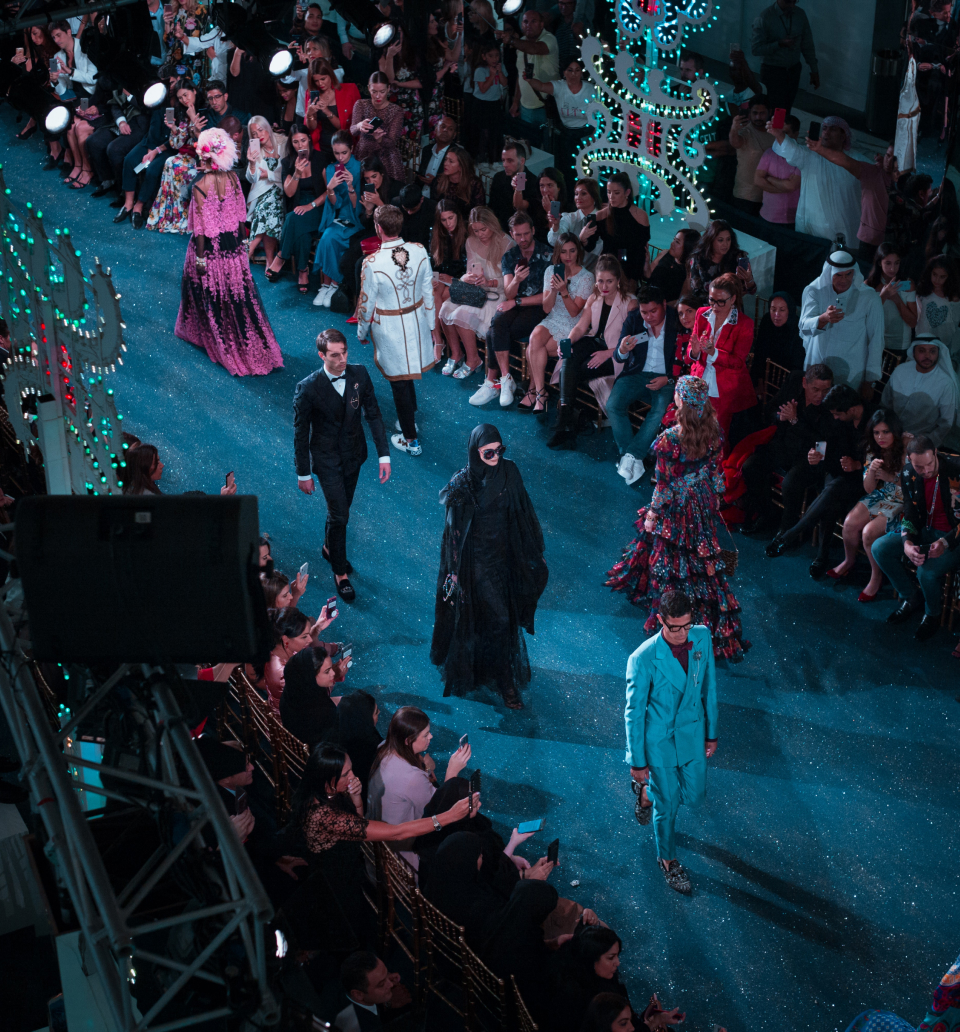
FASHION FOR FAME.
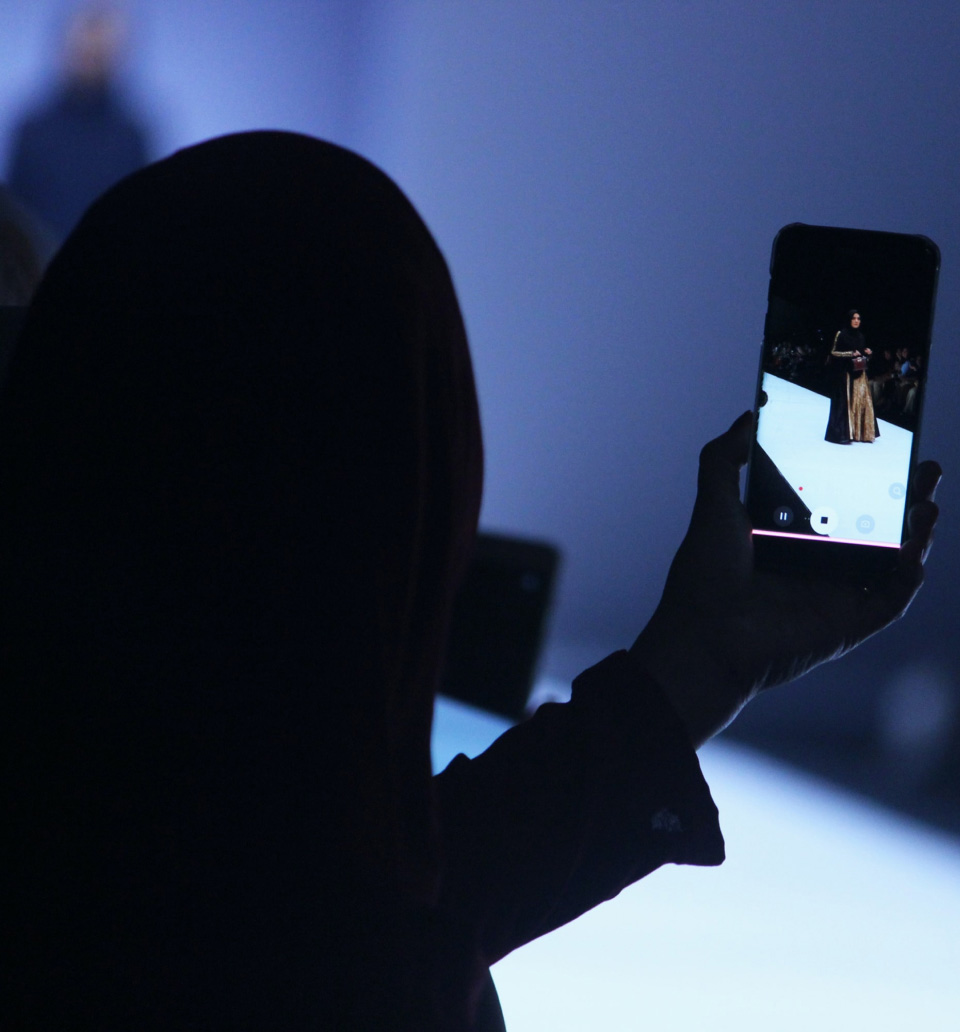
Fashion trends originated from the streets of Latin America!
no related post found
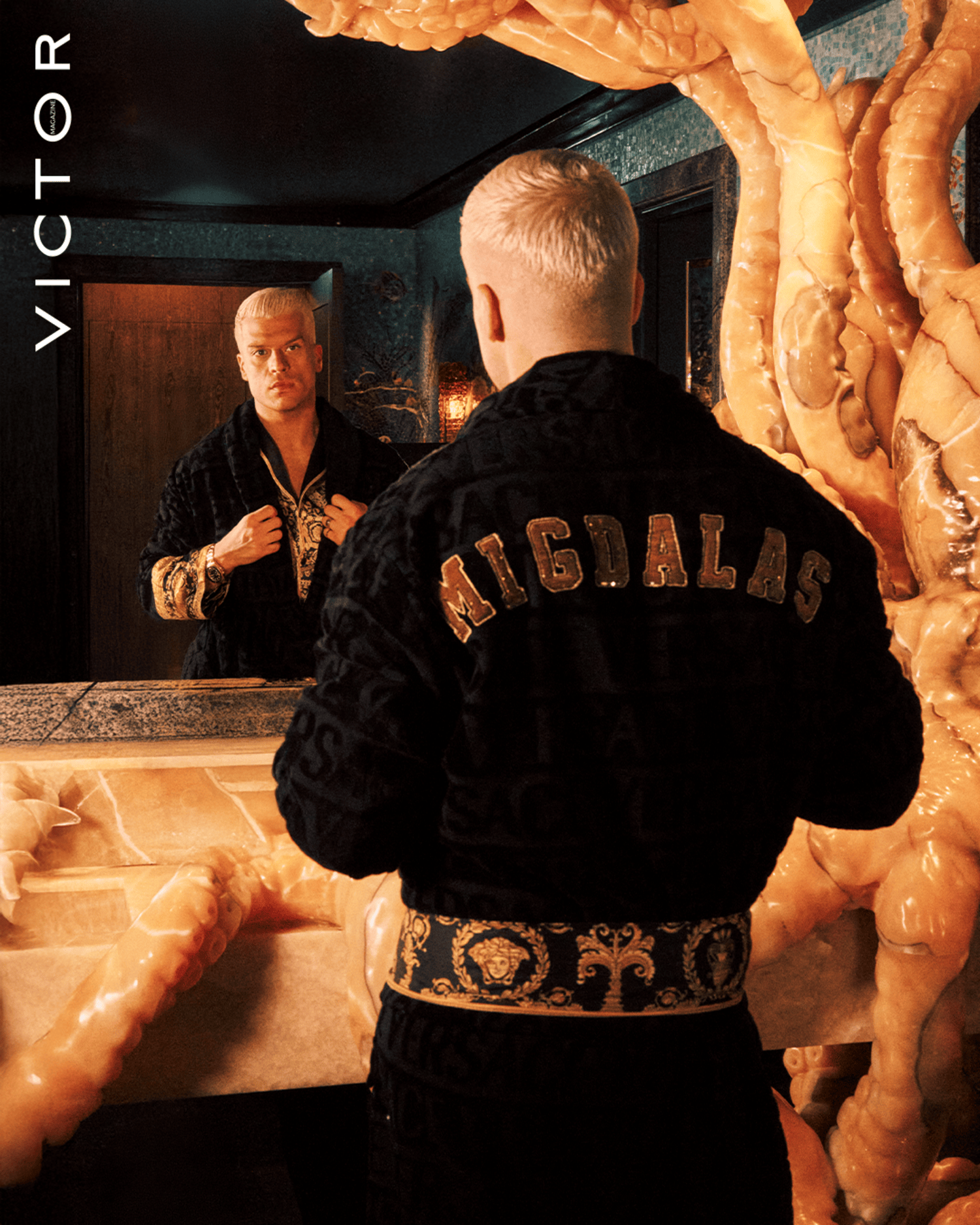
Beyond the Expected: John Migdalas on Today’s Luxury

“Flowers are our favorite F word!”
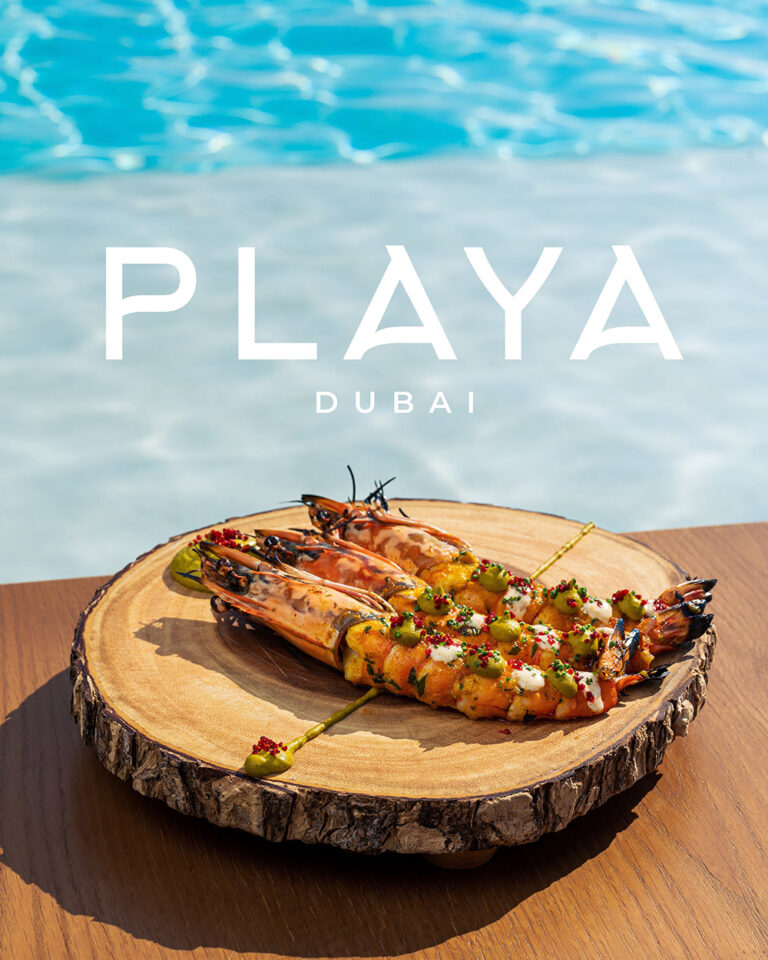
Indulging in Love and Flavor at Playa: A Valentine’s Day Delight

Beyond the Expected: John Migdalas on Today’s Luxury

“Flowers are our favorite F word!”
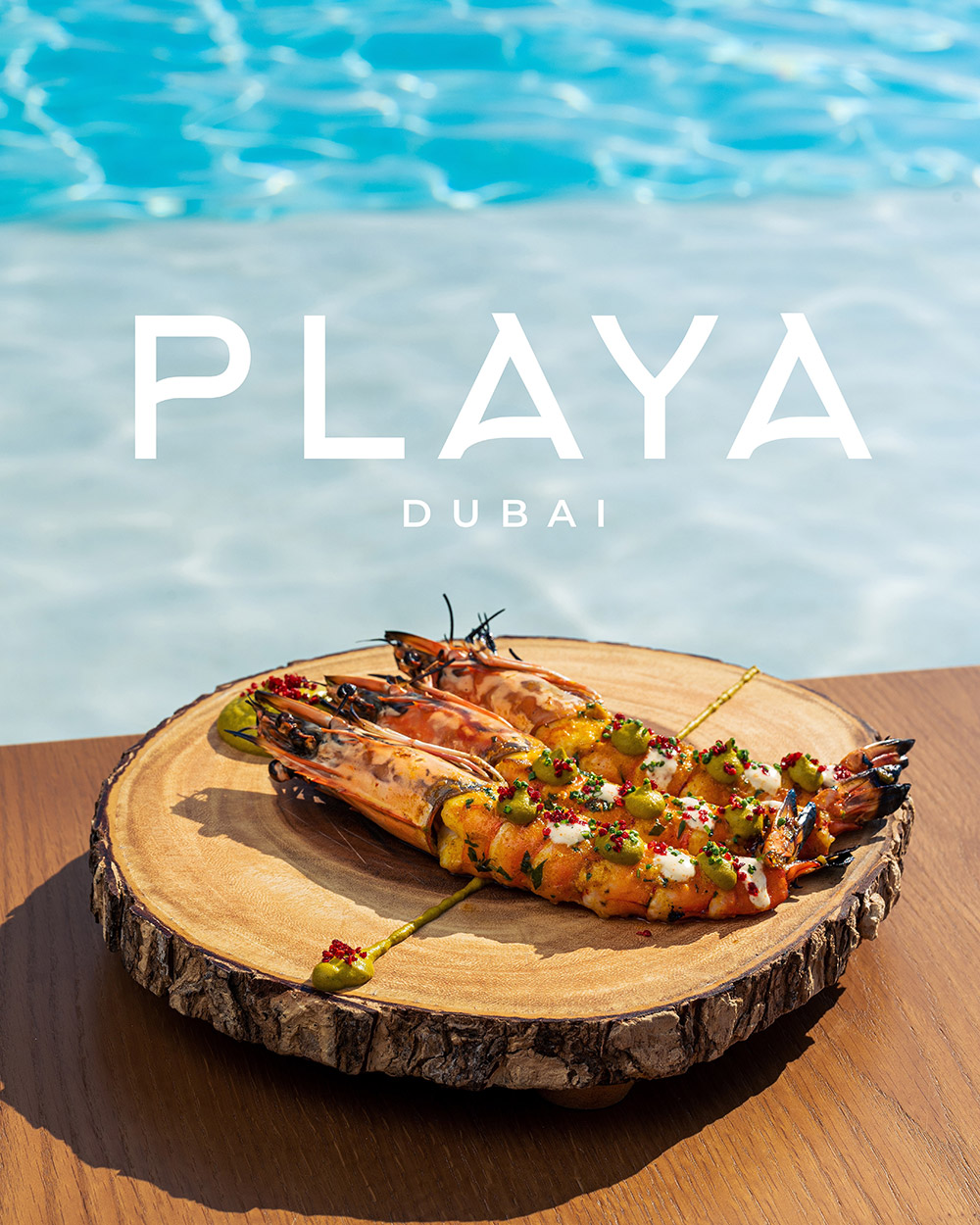
Indulging in Love and Flavor at Playa: A Valentine’s Day Delight
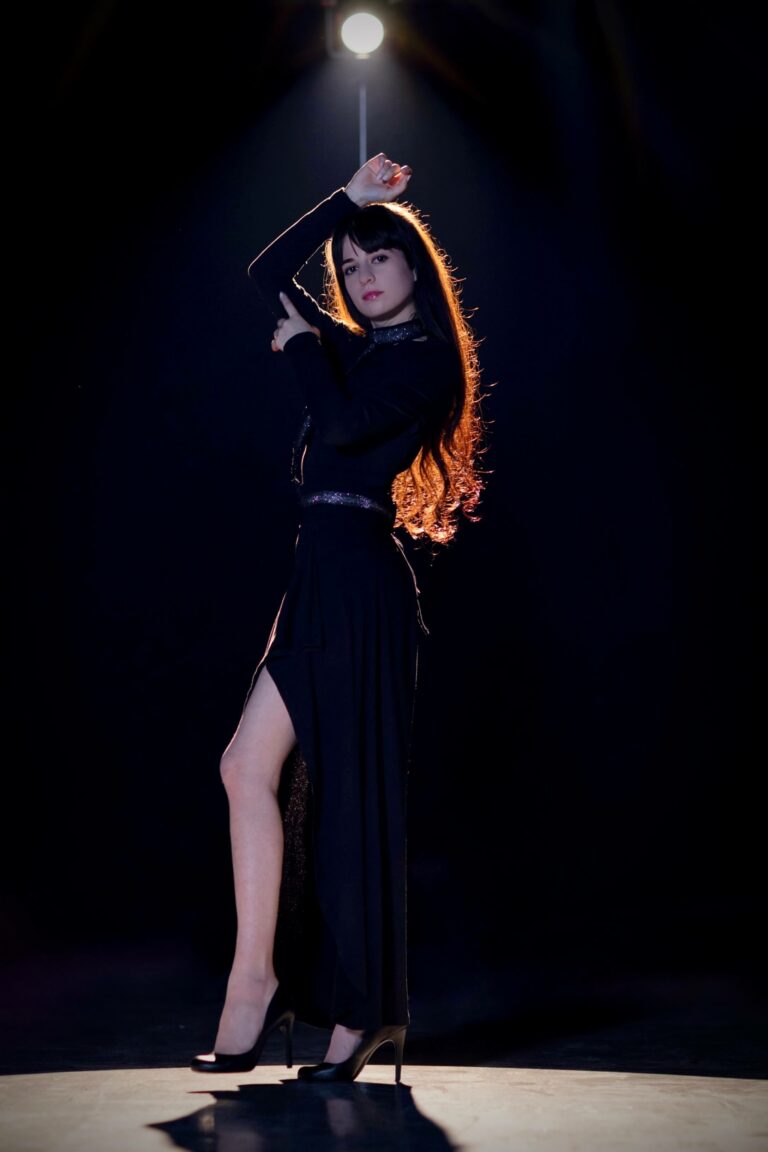
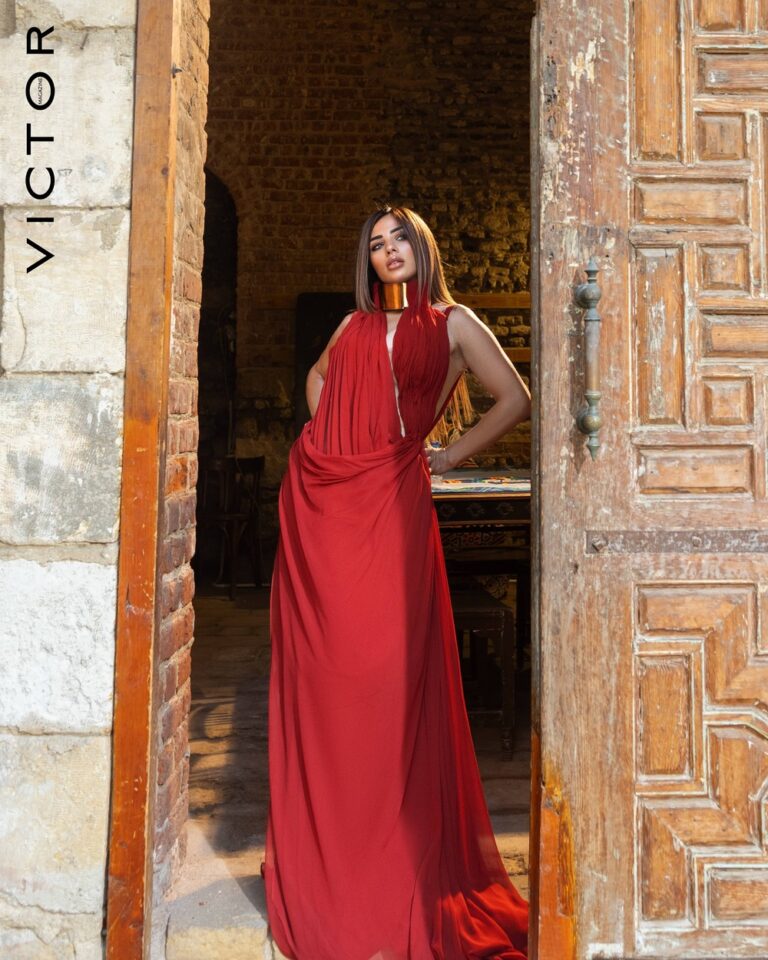
Angie Azzar: Blending Heritage and Modernity in Music
